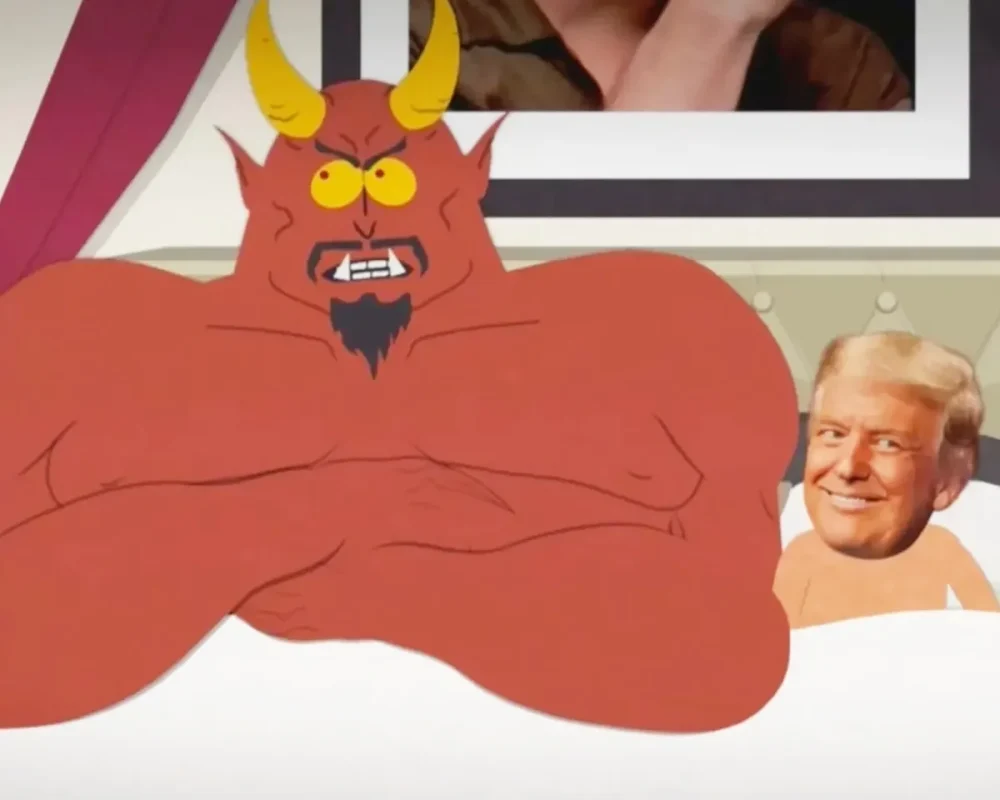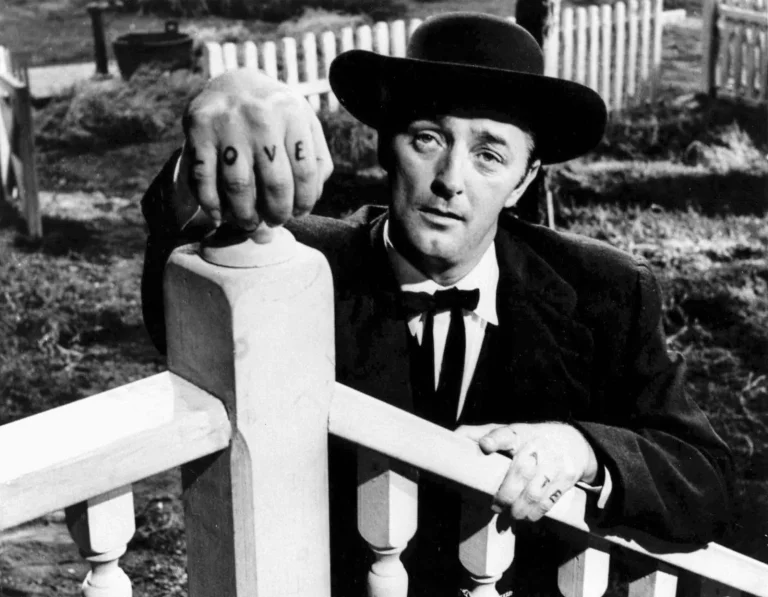The highly-anticipated South Park Trump Episode marked the return of the show’s 27th season with a spectacle that took sharp aim at Donald Trump, the show’s own corporate parent, Paramount Global, and the blurred lines between satire and today’s political drama. In a single episode, creators Trey Parker and Matt Stone reignited debate over television satire, freedom of expression, and the power of animated comedy in an era when nothing seems off-limits.
South Park Trump Episode 2025: The Plot and Satirical Targets
The South Park Trump episode 2025 opens with a classic display of the show’s irreverent wit. The town’s familiar characters reel from Trump’s imaginary decision to cut funding for NPR, sparking Cartman’s complaint that “the government can’t cancel a show”—an inside joke at a time when media conglomerates face daily scrutiny for caving to political and economic pressures.
Shortly after, the episode introduces an unmistakable animated Donald Trump, using real photographs superimposed onto an animated body—a method fans will remember from the show’s infamous Saddam Hussein portrayal. Trump is not just present—he’s central. In the most talked-about segment, Trump is pictured literally in bed with Satan, echoing the satirical treatment former antagonists have received. The show pointedly draws parallels between Trump and Saddam Hussein, with Satan remarking on their similarities.
The episode is tightly woven into current events: it references Trump’s recent $16 million legal settlement with CBS—a deal reportedly reached just as Paramount sought approval for a much larger merger.
This connection is made explicit in scenes lampooning CBS’s fictional “60 Minutes,” where panicked hosts meltdown on live TV while a symbolic ticking time bomb plays in the background. The legal drama culminates when South Park’s Trump sues the fictional town in retribution for their criticism, demanding settlement payments and a series of public service announcements in his favor.
A broader theme emerges as well: the “death of wokeness” and a forced return of Christianity in public schools. This is symbolized when Jesus is dispatched to South Park Elementary to warn the townsfolk against challenging Trump, invoking the recent CBS settlement: “You saw what happened to CBS. You want to end up like Colbert? Just shut up or we’re going to be cancelled”.
Backlash and White House Reaction: The Fallout of the Trump South Park Episode
The white house South Park response was immediate and intense. Official spokespeople lambasted the show in statements to multiple media outlets, labeling it “irrelevant,” “uninspired,” and little more than a desperate grab for attention.
They argued that the political left’s embrace of the premiere was hypocritical after years criticizing South Park for its offensive content, asserting: “This series has not been significant for over two decades and is barely surviving with uninspired concepts in a frantic quest for attention. President Trump has fulfilled more promises in just six months than any other leader in our nation’s past – and no mediocre show can disrupt the momentum he has built”.
Social media lit up with debate as well. Supporters praised the show’s willingness to target political power without flinching, while critics—especially those aligned with Trump—claimed the depiction went too far. The use of deepfake technology in the final sequence, which featured an AI-driven Trump stumbling naked through a desert as his animated genitalia voiced a parody campaign message, became a viral talking point.
- Pro-Trump commentators condemned the episode for disrespect and what they perceived as over-the-top “smear tactics.”
- Fans of the show celebrated the return of its unfiltered satire, citing the episode as a return to form and pointing out that South Park’s targets have always crossed the political spectrum.
Adding to the tension, the episode’s timing was notable: it came just after Paramount and South Park’s creators inked a $1.5 billion deal for exclusive streaming rights on Paramount+, raising questions about network independence, creative freedom, and the very real risks of angering powerful figures on whom the network depends.
The Creators’ Perspective: Trey Parker, Matt Stone, and Comedy as Commentary
During a panel at San Diego Comic-Con days after the episode aired, Parker and Stone addressed both the Trump South Park episode and its backlash, offering a tongue-in-cheek apology with Parker quipping, “We’re terribly sorry.” They recounted executives’ requests to censor some of the episode’s most graphic content, including the infamous full-frontal scene, but insisted on keeping their original vision intact for the sake of satire.
For nearly three decades, South Park has thrived by taking on the powerful—even when it’s uncomfortable or divisive. With this latest episode, Parker and Stone reaffirmed their commitment to pushing boundaries, confronting controversy, and demonstrating that few subjects—even a sitting president—are off-limits in their animated world.
The South Park Trump episode is more than just another entry in the show’s long run. It’s a pointed cultural moment where television, politics, and corporate interests collided—sparking debate and drawing lines over what satire can and should be, especially in 2025.







